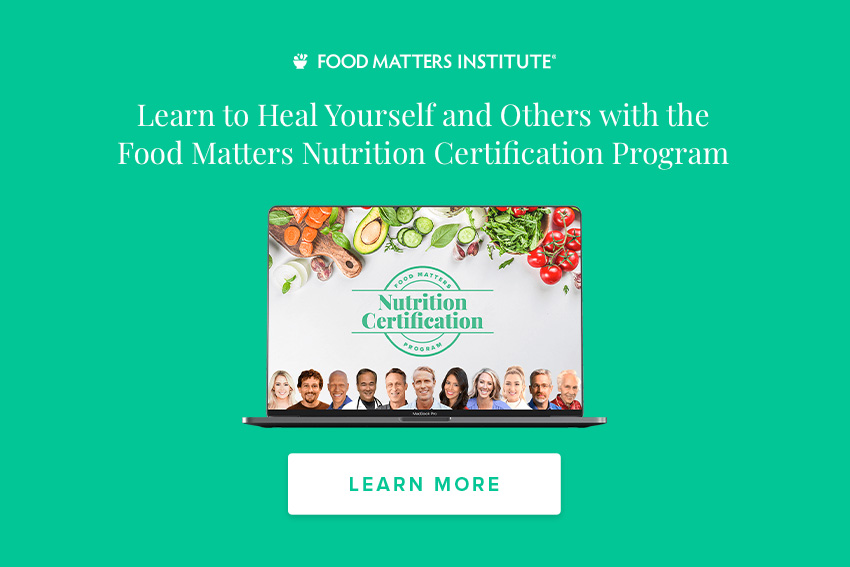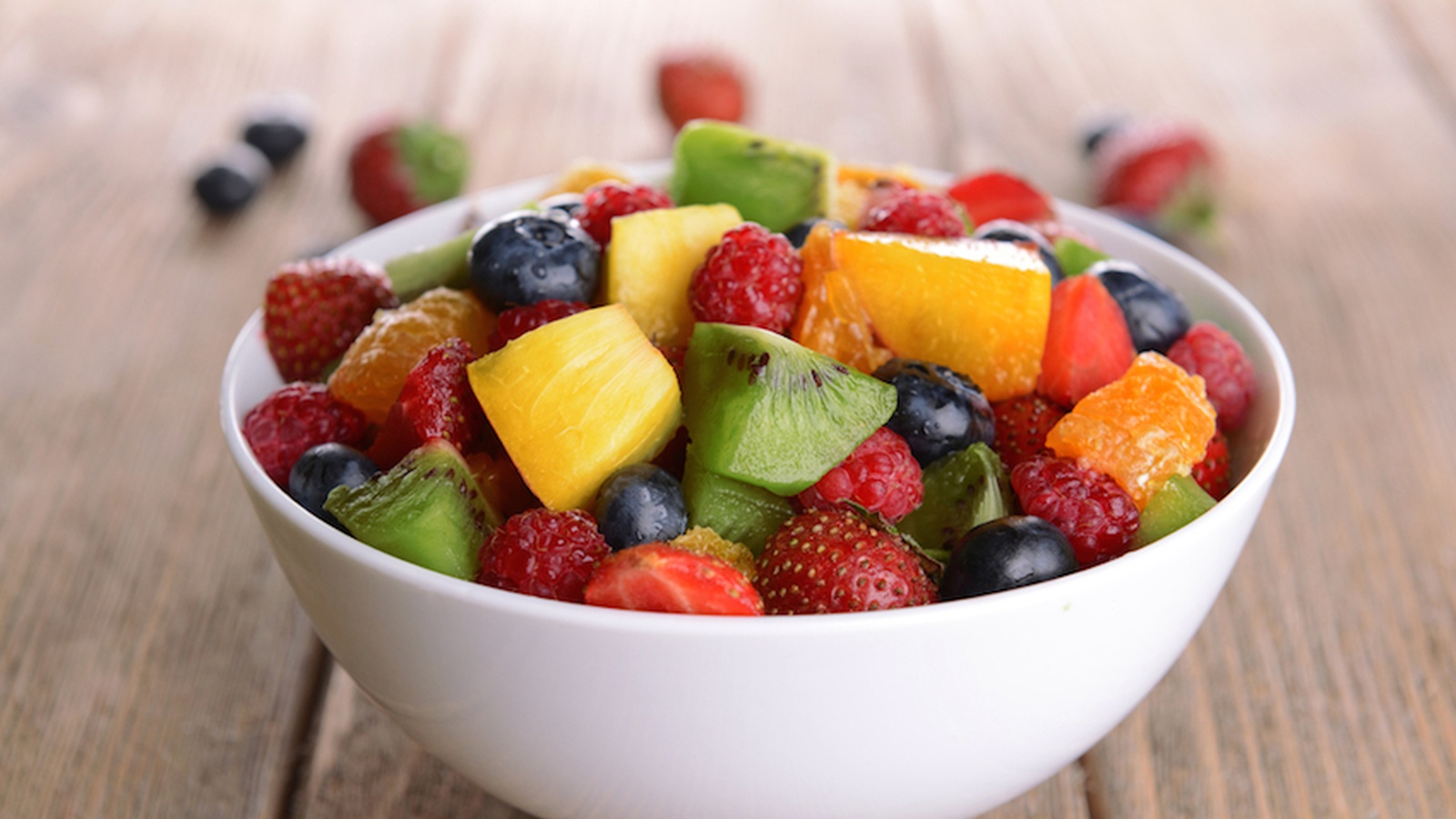How Much Fruit Should We Really Be Eating?
Fructose has stirred up a fair dose of controversy. With the widespread publication of health concerns about high-fructose corn syrups and excess fructose intake, ‘fructose fear’ is understandable.
Additionally, we all know that too much sugar in general is bad news for your health. It contributes to weight gain, wreaks havoc with your blood sugar levels and is now even linked to heart disease.
Therefore, the modern health messages about white sugar are pretty clear - our average daily intake is way too high (a whopping 130 pounds each year for the average American) and the health consequences are well documented.
So where does fructose fit into the picture? Processed foods are pumped full of fructose (in the form of high-fructose corn syrup) but should we be concerned about natural sources too? Read on to find out if this is all simply a bit of ‘fruit fear mongering’ or a legitimate health concern!
First Things First… What Is Fructose?
From a technical perspective, fructose is a monosaccharide. In other words, it is a type of sugar that exists in its most basic unit. Fructose is not converted into a ‘simpler’ form before becoming absorbed and metabolized by the human body.
Fructose is naturally found in fruit, honey, nectar, root veggies, and juice. After eating these foods, our bodies absorb fructose and use it to make energy. Some of this fructose may also be fermented by bacteria in your bowel (ever noticed that certain fruits can cause a little bloating?). Too much fructose, however, is converted into body fat to store that surplus energy for another time, and can even take a toll on your liver. That's why high fructose corn syrup (HFCS) should be avoided. It's very processed, and very high in fructose.
How Much Should I Eat?
Most health experts agree that adults require at least two serves of fruit each day to nail their nutritional requirements. Therefore, unless you have a medical condition that would require you to limit your intake of fructose (or very poorly controlled diabetes), there probably isn’t a need to restrict your intake of fruit beyond this guideline.
Many studies also demonstrate that fruit intake is associated with a lower risk of cardiovascular disease, stroke and Type 2 Diabetes. Therefore, in light of this evidence and the above nutritional qualities, it would seem that there are some health benefits to eating fruit.
However, we do believe that it’s in the best interests for your health to avoid high doses of ‘empty calorie’ fructose in the form of HFCS. With fruit, fructose is packaged up with fiber and a bunch of other goodness. Therefore, the fructose is released more slowly with a stack of other nutrients when you eat fruit. When you consume HFCS, your body gets a big unnatural ‘dump’ of fructose into your bloodstream. Foods that use HFCS also tend to be of low nutritive value.
With any nutritional advice, it really needs to be considered in the context of your entire diet and current health status. If you have IBS, autoimmune disorders or recurrent candida infections, it might be wise to trial consider cutting back on your fructose (and fruit) intake whilst you implement holistic healing options. And no matter what your health status may be, HFCS is far from an essential food and can be avoided.
To Summarize...
If you are otherwise healthy, we don’t believe that there’s any reason to overly restrict fructose from natural, fresh (and preferably organic) fruit sources. Most adults need two serves of fruit a day just to hit their baseline vitamin and fiber requirements…. We say enjoy this beautiful, tasty snack from Mother Nature!
If you’re really concerned, you could stick to lower sugar fruits such as berries, passionfruit, strawberries and non-tropical varieties. In any case, it’s also probably wise to moderate your intake of fruit based juices and dried fruit, as these do provide a concentrated supply of fructose and may cause tooth decay.
Conflicting health advice sure makes knowing what to eat confusing at times! Let’s open up some friendly conversation around your experiences with fructose below...
Do you have a passion for nutrition & natural healing?. Learn more about the Food Matters Nutrition Certification Program here.








